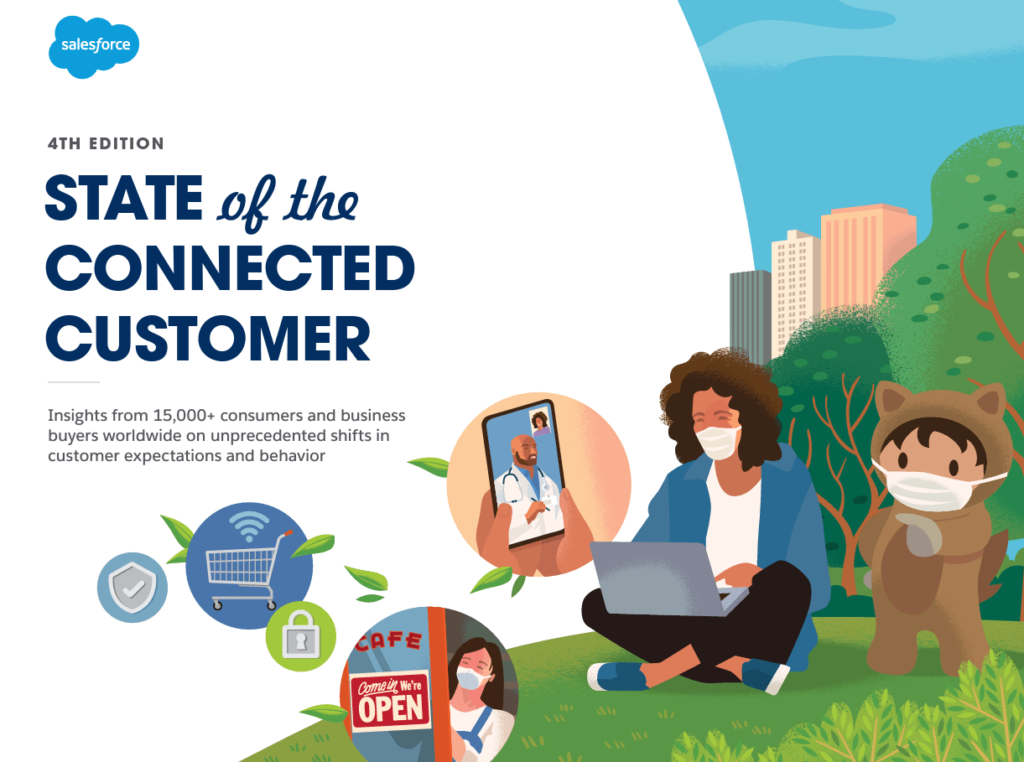Everyone wants to use a testimonial tool nowadays. Social proof is all the rage. Why?
According to Revive Marketing, testimonials are the driving force behind 20-50% of all purchasing decisions.
People buy what other people buy. It’s that simple.
So – it’s time to start using a testimonial tool to increase your lead conversions, right?
WRONG!
Businesses read statistics like the above and think they need to start collecting testimonials right away. But there’s a problem.
Your business might not be ready to start using a testimonial tool until you have done these four things:
- You have a target customer type
- You have focused testimonial topics
- You have fixed technical SEO issues
- You have social media accounts up and running
If you haven’t knocked out these tasks, your customer testimonials won’t have the maximum possible impact.
Let’s look at each of these tasks and see how they can positively and negatively effect your customer testimonials.
Find your target customer type before using a testimonial tool
If you are a landscaping company that sees a high ROI on commercial clients, but you’re marketing yourself as a consumer landscaping service, you’re going to confuse leads.
Let’s consider the following scenario:
- You’re a landscaping company that has been in business for under a year
- Your first 20 clients were homeowners, but you recently picked up a few commercial clients
- You’re seeing a much higher return on commercial grounds maintenance work
- You want to exclusively work on commercial facilities moving forward
Let’s pretend I’m the director of operations for a hospital. That’s a real position, right? I’m looking for a landscaping company that regularly services commercial clients.
I Google [landscaping company near me] and browse the SERP.
Hoorah! Your business appears.
Your website uses stock images. That’s fine. Which website doesn’t these days?
I start clicking around on your website. Yes! You have an entire section explaining your commercial facility maintenance offerings. You even offer power washing and street sweeping. I’m thinking we’re a perfect match.
But then I see you have a testimonials section.
Do NOT show off the wrong social proof
You have user generated content from homeowners. I start watching the customer testimonials. Each video is a homeowner showing off their yard. This isn’t what I want!
You know how you write your website copy so that it resonates with your target audience? You use familiar terminology that resonates with them, right?
Testimonials have to literally speak to your your target audience. If you want to serve one audience, but are displaying testimonials from another, that’s confusing!
Before you start asking customers for reviews and testimonials, make sure you know which customer type you want to show off.
You should have specific testimonial topics to cover
The social proof that is derived from testimonials is a powerful tool for closing leads.
But testimonials are more than just social proof!
Testimonials are a living, breathing, super-powered FAQ section.
If you want your customer testimonials to have maximum impact, make sure you’re directing your customers to leave succinct testimonials that highlight keywords and topics.
You don’t want rambling testimonials.
Surely you have a friend, family member, or acquaintance who rambles. Someone who starts talking and never really stops. You forget why they started talking in the first point. You forget their point. Did they even make a point?
This is what we call information overload.
Testimonials with information overload don’t maximize impact. According to Animoto’s research on video marketing, 59.9% of their survey respondents revealed that they would not watch a video if it’s too long to their relative standard.
So how do you reduce the ramble and add more value to your customers’ testimonials?
Find your customers’ frequently asked questions
Takes notes on the questions and concerns you get from leads and customers.
What are your leads worried about? Is there something about your product or service that prevents them from signing up?
Maybe there is an element of your product or service that causes a bit of confusion?
These are topics that provide a lot of value in customer testimonials.
Let’s say you’re a window washing company and your leads always ask, “do you work on tall buildings?”
Your answer is, “yes, we work on skyscraper windows all the time.”
This would be a great topic to cover in your testimonials. You can ask your customers to start their testimonials by stating their buildings’s number of stories.
After watching or reading a few of these customer testimonials, your leads will have their questions answers for them!
Most customers expect this level of competence and service. A 2020 SalesForce study found that 66% of customers expect businesses to understand their unique needs.

You absolutely need to resolve your technical SEO issues
If a tree falls in a forest and no one is around to hear it, does it make a sound? Uh oh – not this old saying again. Let’s not wade into the complicated metaphysics behind this question and just “no.”
Showing off testimonials on a website that doesn’t have an SSL certificate is virtually the same thing.
You might have a website but nobody is visiting.
Your website might have testimonials, but there is nobody to watch, hear, or read them. They’re lost. It’s almost like the testimonials don’t exist at all!
Bottom line – your site needs an SSL certificate.
Don’t put it off. Don’t do it tomorrow. If you don’t have an SSL certificate, stop reading this article and message your hosting provider.
If you don’t have an SSL certificate, modern desktop and mobile browsers will be hard pressed to send traffic to your site. This is how sites without SSL look on the iPhone Safari browser.

